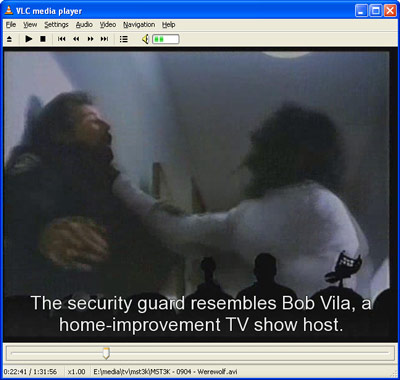Jeff Atwood writes of automated spamming recently in Designing For Evil. The ensuing discussion.presented plenty of technical anti-spam brainstorms as well as the usual violent anti-spammer fantasies. However, one interesting insight I gained from the comment thread concerned the automated nature of Wikipedia’s anti-spam measures:
There is an IRC channel that receives every edit done to Wikiepdia, a bot then check the page for known bad URLs and string and reverts if necessary.
Aha! So it isn’t just a global network of diligent and vigilant volunteer Wikipedians keeping the content clean. That always struck me as largely intractable and learning this punctures the starry-eyed ethos behind the Wiki concept. But I did a little research and it seems to be a real thing.
I suppose something like that would be vast overkill for the MultimediaWiki. As the discussion also details, not all public discussion forums are created equally in terms of attractiveness to spammers, and the MultimediaWiki would probably be pretty far down the list. Some kind of registration CAPTCHA would probably be adequate. And now that I understand a little more about PHP programming thanks to FATE, I may have enough knowledge to try my hand at such a system.
Hey, here’s a CAPTCHA idea that I have entertained: Call it a phonetic CAPTCHA and challenge the user to type in the proper English word with a certain phonetic pronunciation; for example: KAH MEW NIK AY SHUNZ (communications). I was inspired by Infocom’s old Planetfall interactive fiction game where things were labeled phonetically. Perhaps it discriminates against non-native English speakers (and the less educated among the native set) as well as the spambots, but I guess every measure has its pros and cons.

